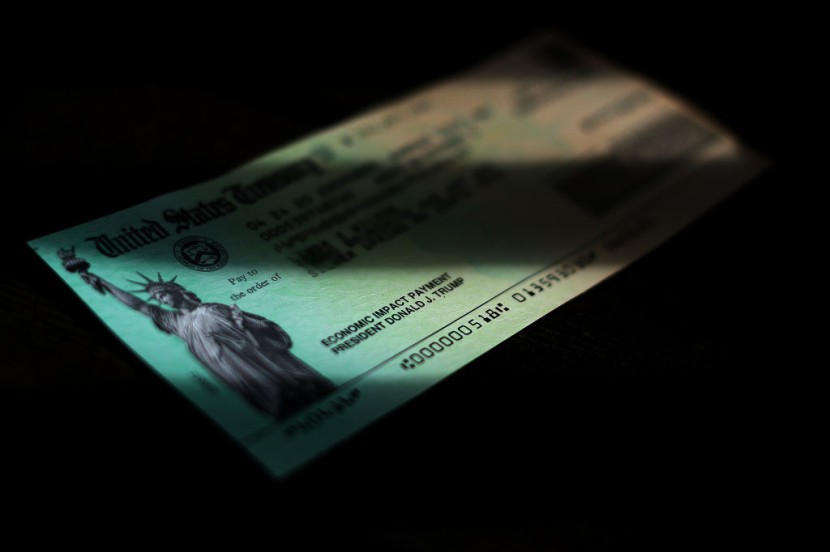The $1.9 trillion COVID relief bill from President Joe Biden and the third stimulus checks of up to $1,400 took another step closer to reality this week. However, fewer Americans would get the payment.
On Friday, with the proposal, the Senate and House passed a budget resolution that will encourage Democrats to get through resistance to pass a final bill quickly. But the next stimulus payment may come with a catch as well.
It appears likely that the payments would be "targeted" at persons below a certain amount of income, though individuals who apply will earn a more generous payout than they did for the first or second stimulus checks.
Why will fewer Americans get $1,400 stimulus checks?

As the third round of stimulus checks is under consideration between politicians, fewer Americans will be eligible for the third round of stimulus checks worth $1,400. It has been confirmed that the relief money will be limited to individuals on certain incomes.
A more significant percentage of the population was eligible to receive the stimulus checks for the first two rounds of COVID-19 relief payments, as per The Sun.
For the first round of $1,400 checks and the second round of $600 checks, taxpayers who paid up to $75,000 and couples who made less than $150,000 were eligible.
However, the third relief package would presumably be provided to individuals with lower incomes. On Monday, a plan announced could leave "about 29 million middle- and upper-income earners" without third round stimulus checks, CNN reported.
The exact income standard has not been determined yet. As part of a larger $1.9 trillion relief program for legislators to consider, President Joe Biden has proposed a third stimulus check worth $1,400.
As he had previously indicated that it might be worth $2,000, this has promoted interest. But Republicans seek to narrow the stimulus checks further instead by limiting them to people on certain incomes.
Read also: Third Round of Stimulus Checks Can be as Much as $5,600 to Families of Four
How fast would the third stimulus checks be sent out?
According to CNET, a scorching rate was set by the Internal Revenue Service (IRS) and Treasury Department in delivering the second stimulus checks, starting within days of the signing of the December stimulus bill by former President Donald Trump. They did not have many options. The bill's language included only a 17-day timeframe for the checks to be submitted.
It is too soon to tell whether the IRS would immediately give the third stimulus checks to recipients as they did with the second stimulus checks, or if the money would be wrapped up in a Recovery Rebate Credit or something like that.
The third stimulus checks could come weeks before the initially planned mid-March date, with a proposal in progress to use budget reconciliation to pass a COVID-19 bill sooner. But if it is passed, assuming it happens, that does not guarantee Americans will get the funds right away.
Read also: Third Stimulus Check: When and How Much You Could Get If You Qualify
Could stimulus checks qualifications change?
Biden is offering two changes that have been popular with Democratic lawmakers. According to the People's Policy Project, the first will apply eligibility to dependents of all ages, including 13.5 million additional adults, such as college students, elderly adult relatives, and dependents of all ages with disabilities and not just those below 17 years old.
The second citizenship change will include all "mixed-status households" with one or more family members who are not U.S. residents. Parents who are not U.S. citizens will be an example, but their U.S.-born children are. The second stimulus checks increased eligibility for households of one U.S. resident partner.
Read also: When will the Third Round of Stimulus Check Arrive? Here is What You Should Know!
© 2026 HNGN, All rights reserved. Do not reproduce without permission.








